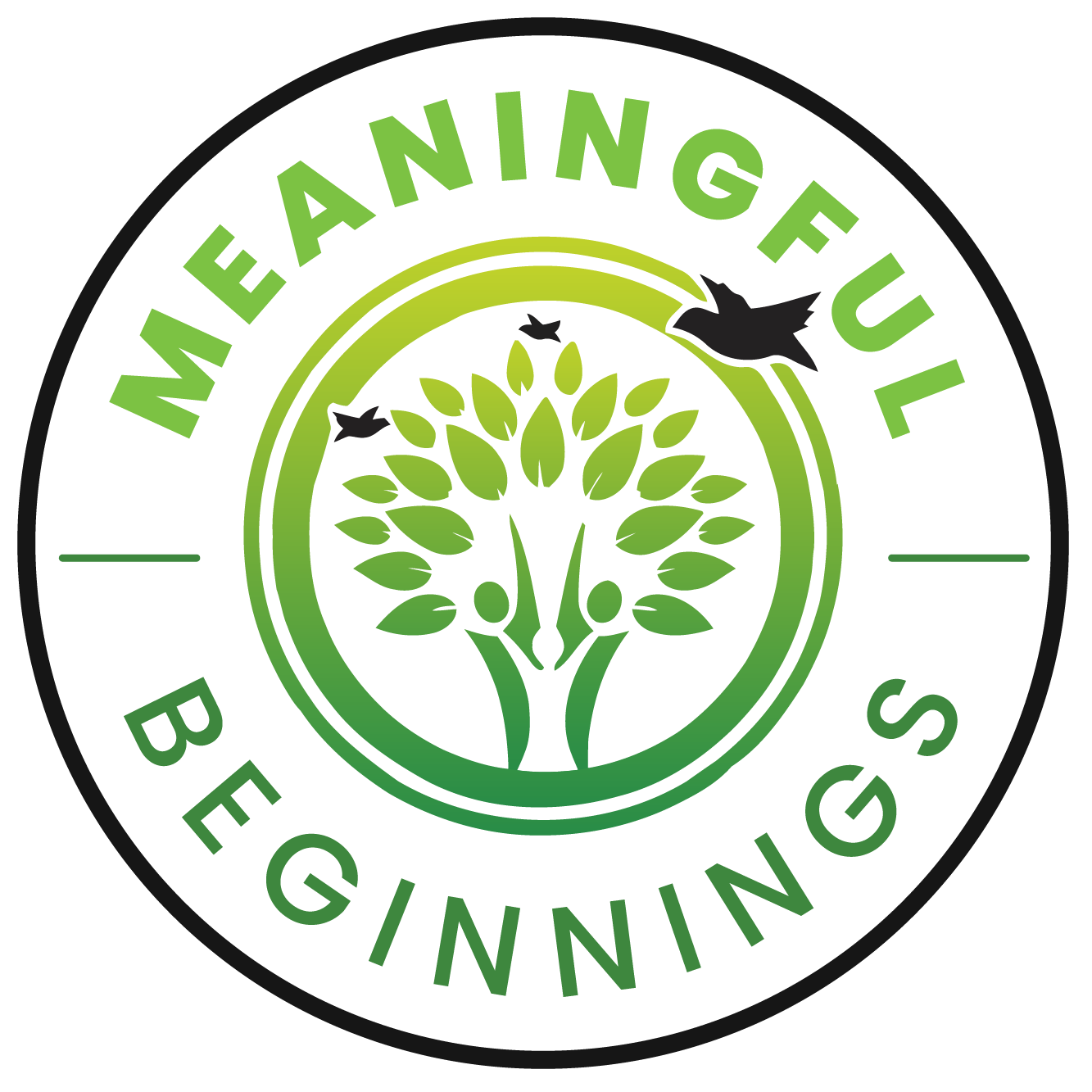If we want to succeed as parents, we must do more than provide the necessities for our children. We also want to empower them and help them develop a deeper understanding of the world around them. One way to do this is by teaching social justice at home. Which can help to open up a critical dialogue with young people about power, privilege, inequality, and fairness.
Building a community of conscience in your home encourages your kids to think critically about their environment and contribute to change in the world. Let’s explore this topic further so you can start talking about social justice with your child from an early age. And be able to play an active role in creating better lives for all.
What Is Social Justice?
Social justice is a fundamental concept in our society. It is centered around the universal idea of fairness.
In essence, social justice ensures that all members of society have equal rights and access to opportunities, protecting individuals against discrimination so that their success is not hindered. This allows everyone to experience full social inclusion and be treated fairly without prejudice.
Upholding social justice is vital to creating more cohesive and equitable societies worldwide, ultimately providing all individuals with a brighter future.
Why Is Social Justice Important in Education?
Our little ones live in a diverse and rapidly changing society, so they must learn how to think critically, solve problems, and advocate for themselves.
Research tells us the best way to do this is by encouraging open dialogue about race, class, and identity topics in our schools. Not only does this approach make students more engaged, helping them improve grades and attendance levels, but it also motivates them to complete their coursework rather than drop out.
By inspiring open conversations about race with your little ones, you can encourage them to explore these topics in-depth and safely ask questions. In turn, this will help foster inquiry, dialogue, and debate on various topics related to issues of oppression.
It’s crucial to empower our youth to develop solutions grounded in facts instead of assumptions or myths by educating them on the complexities of equality and injustice. In doing so, we can nurture a generation prepared to tackle these critical topics with knowledge and understanding rather than ignorance and assumption.
Challenges Within The School System
Too often, secondary and postsecondary education largely ignores the power of critical thinking regarding social justice issues. As parents, it’s up to us to put an end to this problem.
The school system is facing numerous challenges in today’s changing world. Government restrictions on critical race theory, LGBTQ rights, and sex education have added a new layer of complexity when teaching our children.
Additionally, many school systems are falling short when it comes to making efforts toward implementing Diversity, Equity, and Inclusion (DEI) initiatives. Even if your child is in a school district with some degree of DEI efforts in place, it’s still up to the parents and guardians to educate their children at home. We must strive to teach kids accurate information and create an environment where they feel accepted for who they are.
With all the conflicting news out there, it’s even more critical for us adults to be active in finding reliable sources of information so that our children can become knowledgeable citizens and make informed decisions about social justice, diversity, and equity.
Teaching Your Child About Social Justice
If tackling the topic of social justice with your little one sounds intimidating to you, you’re not alone. Many parents don’t feel qualified to discuss these issues or might not know where to begin.
But the reality is that it is more important now than ever to open up discussions about race, privilege, and equality at an early age.
Studies indicate that children can start developing implicit biases at age 5 and if left undiscussed, these ideas and assumptions about people based on race can fly under the radar for years, leading to harmful actions and consequences. Harmful consequences can be prevented if parents start discussing these complex themes surrounding race and privilege with their children.
However, it is important to acknowledge that young children, such as three-year-olds, may not fully comprehend these complex concepts.
That’s why we recommend opening these conversations with a topic that everyone understands, regardless of age: fairness.
Here are some tips that everyone can apply in the comfort of their very own home.
Introduce Turn Taking
Teaching children about fairness should begin at an early age, and it’s essential to start with the basics.
Playing games and activities based on turn-taking. Such as peek-a-boo or building blocks, helps younger children understand that fairness means taking turns and treating others with respect.
As children get older, they can use interactive games and sports as a chance to practice this concept more profoundly, and there may be times when rules must be explained or discussed. Your choice of words is critical here. In other words, using a kind but firm tone helps illustrate that fairness matters and that all players need to remember respect even in difficult moments.
Through practicing fair play, kids can learn more about what it takes to ensure everyone has an enjoyable experience.
Practice What You Preach
Show your child the importance of respecting others, listening, and honoring others’ opinions and feelings through your actions. Demonstrate how to resolve conflicts and develop creative solutions calmly. Versus engaging in negative behaviors that can lead to harmful or hurtful outcomes.
Making fairness a part of everyday life can help to reinforce the idea that it’s something to strive for in small interactions with family members and more extensive conversations about politics or society at large.
Identify Fair vs. Unfair
Another way to teach your child about fairness is to draw attention to fair and unfair behavior examples. These examples can come from books, movies, or daily life. This can be an effective way to demonstrate such concepts.
You can ask questions like “What should she have done to make it fair?” or “How did he show fairness?” This encourages your children to become more aware of their own fairness towards others. It also gives them cause for positive reflection.
Finally, don’t forget to acknowledge your little ones when a sense of justice guides their actions. Giving them verbal praise will help foster the understanding that fairness is fundamental in our world today.
Encourage Your Kids to Form Their Own Opinions
Raising well-rounded, open-minded children requires fostering an explorative environment that encourages critical thinking.
Parents should encourage a culture where they expose their children to different points of view. And teach them how to discern between accurate information and hyperbole or opinion. Instead of indoctrinating them with a particular set of ideas regarding social justice or equality.
Parents can help cultivate critical minds and instill the importance of independently forming opinions. They can do this by teaching children how to access reliable sources and evaluate them independently.
In doing so, each child’s perspective will be valuable. Because their perspective will be based on their thoughtful evaluation of new knowledge. Instead of relying solely on someone else’s practices or beliefs.
Join Meaningful Beginnings in Supporting Social Justice
At Meaningful Beginnings, we recognize that establishing solid foundations of social justice and fairness from an early age is crucial. If we want the world to become a better place. We prioritize helping children build these qualities so they can understand the importance of treating everyone fairly. They will also develop their own well-rounded critical thinking skills. With our guidance, your child will be empowered to become a positive change-maker! Contact us today to learn more.








